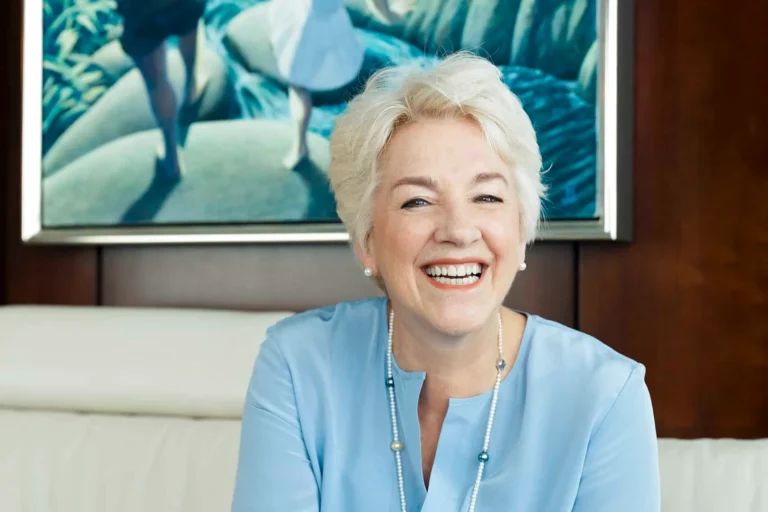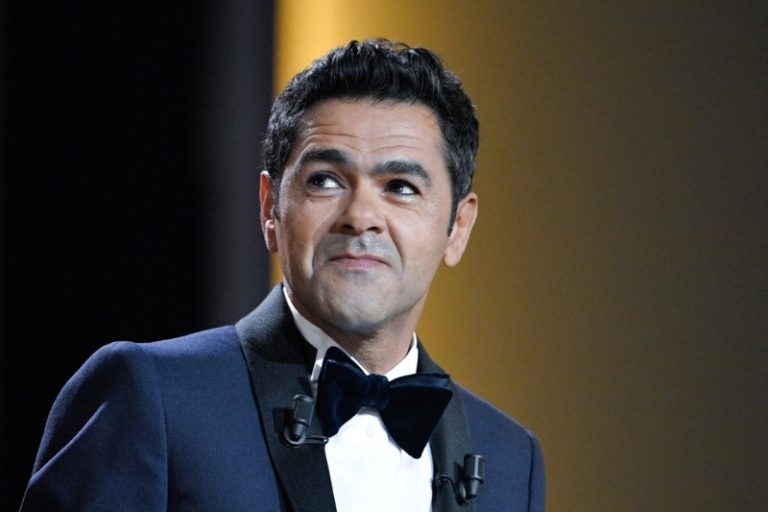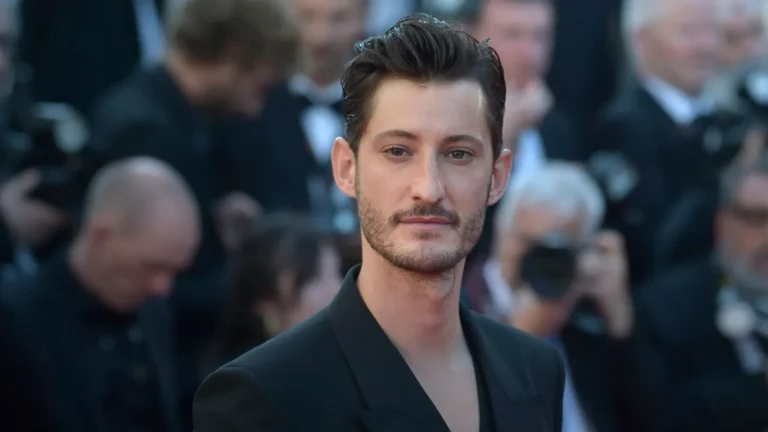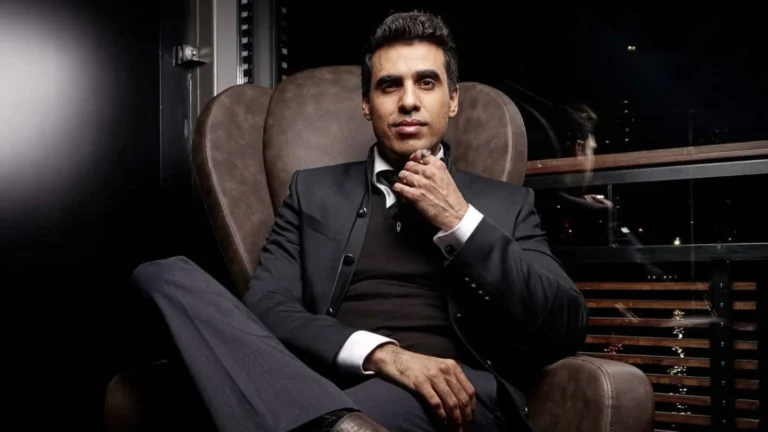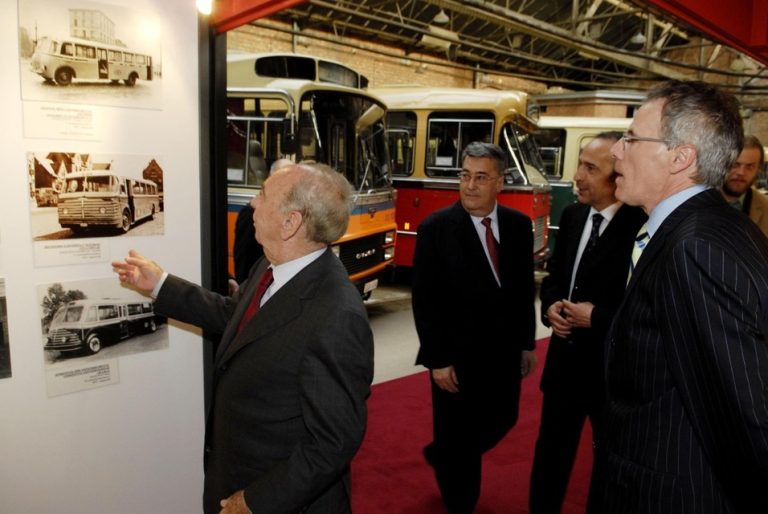La Fortune de Bernard Arnault : L’Empereur du Luxe en 2026
Fortune Bernard Arnault
Introduction
Bernard Arnault is the French luxury magnate to head the LVMH Group (Moët Hennessy Louis Vuitton). À 74 years oldHe is one of the richest people in the world, regularly rivalling Elon Musk for the top spot on the billionaires' list. CEO of LVMH and Europe's number one fortuneBernard Arnault has built a luxury goods empire whose value continues to grow. His colossal fortune, estimated at over 180 billion euros in 2025, testifies to the Group's spectacular success and its dominant position in the global luxury goods industry.
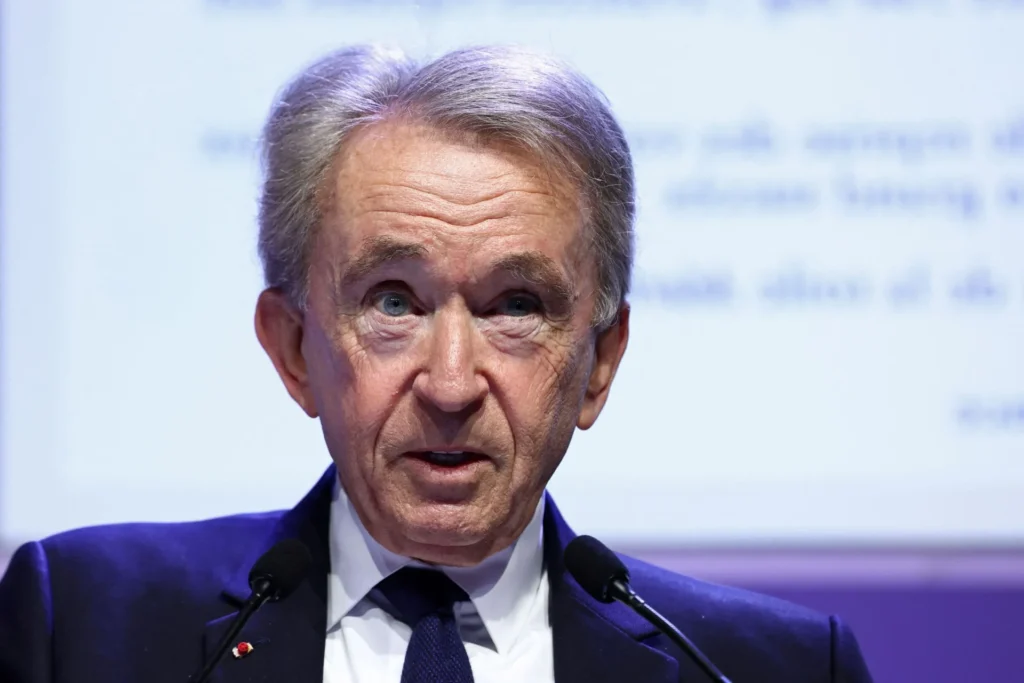
The Growth of His Empire
Bernard Arnault's ascent began in the 1980s with a series of daring acquisitions. In 1984, he bought the Boussac group (owner of Christian Dior), thus laying the cornerstone of his empire. A few years later, he took control of LVMHthe result of the merger of Louis Vuitton and Moët-Hennessy, skilfully bypassing other shareholders. Its growth strategy has always focused on expansion through acquisitions LVMH: under his leadership, LVMH has acquired many prestigious houses, from fashion to jewelry.
Key acquisitions include the leather goods brand Céline (1988), jeweller Bulgarithe watchmaker TAG Heuerand more recently the American jeweller Tiffany & Co. in 2021 (one of the biggest acquisitions in the history of luxury goods). These acquisitions, combined with the internal development of historic brands such as Louis Vuitton or Christian Diors market capitalization. LVMH to new heights. Today, the group boasts more than 70 luxury homes and dominates sectors ranging from haute couture to spirits. This phenomenal growth in LVMH's scope has directly fueled the fortune of Bernard Arnault, whose wealth is mainly based on the value of his luxury empire.
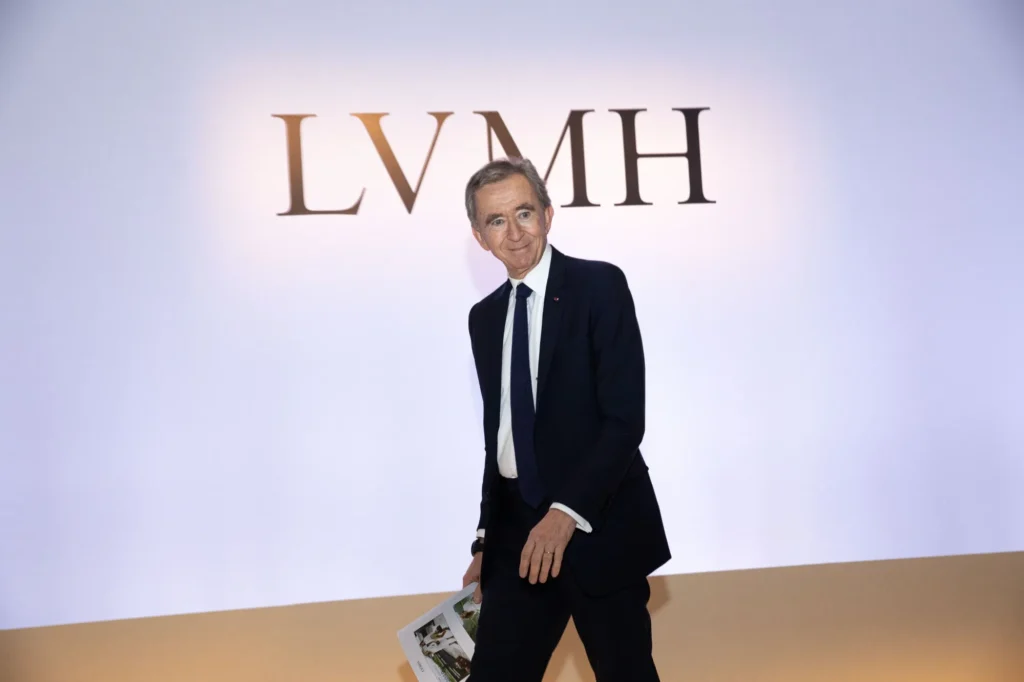
Estimation de Sa Fortune en 2026
By 2025, Bernard Arnault's fortune had reached record levels. At the beginning of the year, his personal wealth was estimated at around 190 billion euroswhich, for a time, made him the richest man on the planet. This astronomical amount places him neck-and-neck with Elon Muskthe boss of Tesla and SpaceX - In comparison, Musk's fortune hovered around 185 billion euros in the same period. Bernard Arnault thus occupied the the world's number one billionaire start 2024a position he has held alternately with Musk since late 2022 in line with stock market fluctuations.
To give you an idea, his fortune far exceeds that of other giants such as Jeff Bezos (Amazon) or Bill Gates (Microsoft) over the same period. However, the year 2024 was marked by contrasting movements: after an all-time high in the spring, Arnault's fortune fell back slightly at the end of the year as a result of the slowdown in the China's luxury market. Despite these variations, in 2025 his fortune remains colossal, at around 170.8 billion eurosretaining its place in the top 3 of the world's largest fortunes. These figures illustrate the scale of its wealth, equivalent to the GDP of some countries, and the speed with which it can move with the markets.
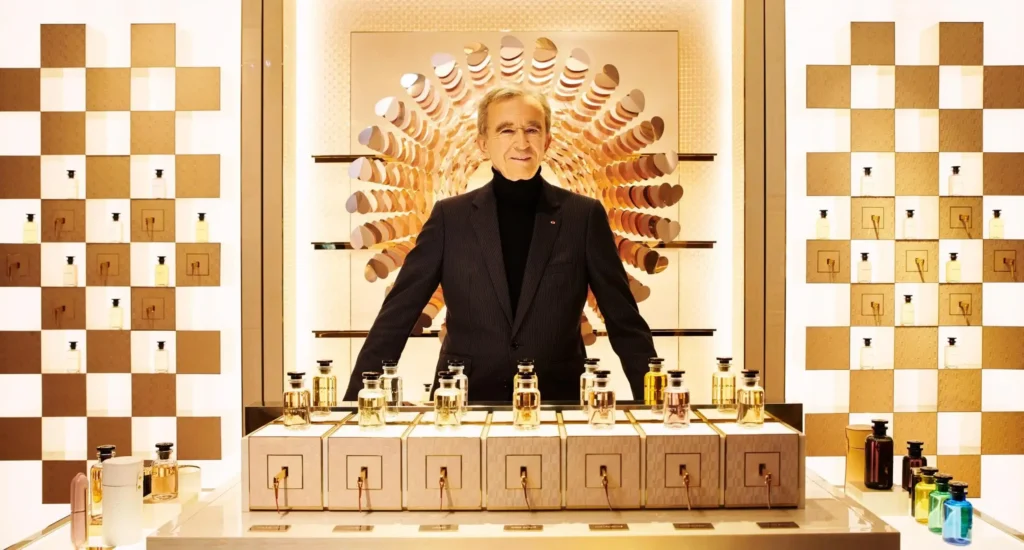
Main sources of income
Bernard Arnault's wealth comes almost entirely from his business. LVMH GroupLVMH is a diversified luxury goods empire, but some segments are more lucrative than others. LVMH is a diversified luxury empire, but some segments are more lucrative than others. LVMH's Fashion and Leather Goods is the central pillar of the Group's revenues, with flagship brands such as Louis Vuitton, Dior, Fendi, Celine and Givenchy. This segment alone represents around half of LVMH saleswith very high margins.
Louis Vuitton, for example, is the Group's most profitable brand, generating over 20 billion euros in annual sales alone, a record in the luxury sector. Next in line are the Wines and Spirits (Moët & Chandon, Dom Pérignon, Hennessy, Château d'Yquem...), Perfumes and Cosmetics (Parfums Christian Dior, Guerlain, Sephora...), and Watches and Jewelry (Bulgari, Tiffany & Co., TAG Heuer...). Each of these branches contributes to LVMH's profits, but it is fashion and leather goods - driven by the global appetite for luxury bags and accessories - that remain the most important. cash cow of the group.
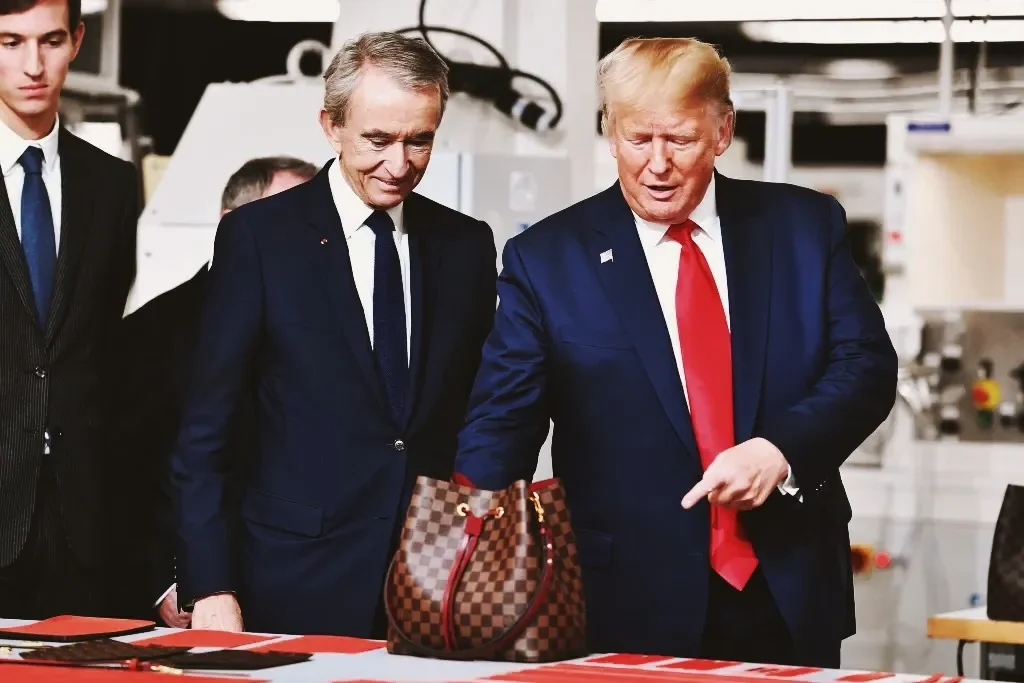
Finally, the selective distribution (DFS boutiques, La Samaritaine and the Sephora chain) adds another significant source of revenue. In a nutshell, the main drivers of Arnault's fortune are iconic luxury brands of LVMH, whose commercial success is reflected in record profits and ever-increasing market capitalization.
Investments and Personal Assets
While Bernard Arnault owes most of his fortune to LVMH, he has also diversified his wealth through other investments over the years. Through his family holding company (Groupe Arnault, renamed Financière Agache), he has made strategic investments outside the luxury sector. For example, he was one of the first investors in Netflix from 1999He also ventured into the retail sector, acquiring a stake in Carrefour in the early 1970s. He also ventured into the retail sector, acquiring a stake in Carrefour in the 1990s. 2000 (which he subsequently sold).
Arnault also owns several French media he owns the daily business newspaper Les Echosthe newspaper Le Parisienas well as Radio Classique, thus affirming his presence in the media landscape. His personal wealth also includes sumptuous tangible assets. These include his private mansion in 2 000 m² à Parisin the 7ᵉ arrondissementacquired for tens of millions of eurosor his luxury chalet in Courchevel and his villas in Saint-Tropez.

An art enthusiast, Bernard Arnault owns a first-rate collection of contemporary art and financed the construction of the Louis Vuitton Foundationa modern art museum in Paris, a symbol of his patronage and commitment to the arts. He travels aboardan impressive yacht over 100 metres long (the Symphony), estimated at over 130 million eurosand a Bombardier Global Express private jet for his travels. All these investments and private properties, though representing a smaller proportion of LVMH's value, help to diversify his financial empire and establish his status as a cosmopolitan billionaire.
All in all, Bernard Arnault's wealth is not limited to luxury brands The range of his interests extends from tech and media to prestige real estate and art, reflecting the vision of a shrewd and passionate businessman.
The Stock Market's Influence on Wealth
Bernard Arnault's fortune is closely linked to LVMH's stock market health. Owning a majority share of the group's capital, every fluctuation in the LVMH share price has a direct impact on its assets. When LVMH shares soar on the stock market, Arnault's wealth can grow by billions in a matter of days. This was the case in early 2023, when the share price hit all-time highs, pushing his fortune over the symbolic $200 billion mark.
Conversely, a fall in LVMH's share price translates into an equally dramatic decline in its fortunes on paper. For example, over the course of 2024, the slowdown in luxury goods sales in China caused LVMH shares to fall by around 20 % from their peak. Such a correction melted Bernard Arnault's fortune by around 50 billion dollars in just a few months, illustrating the volatility to which the world's largest stock market fortunes are exposed.
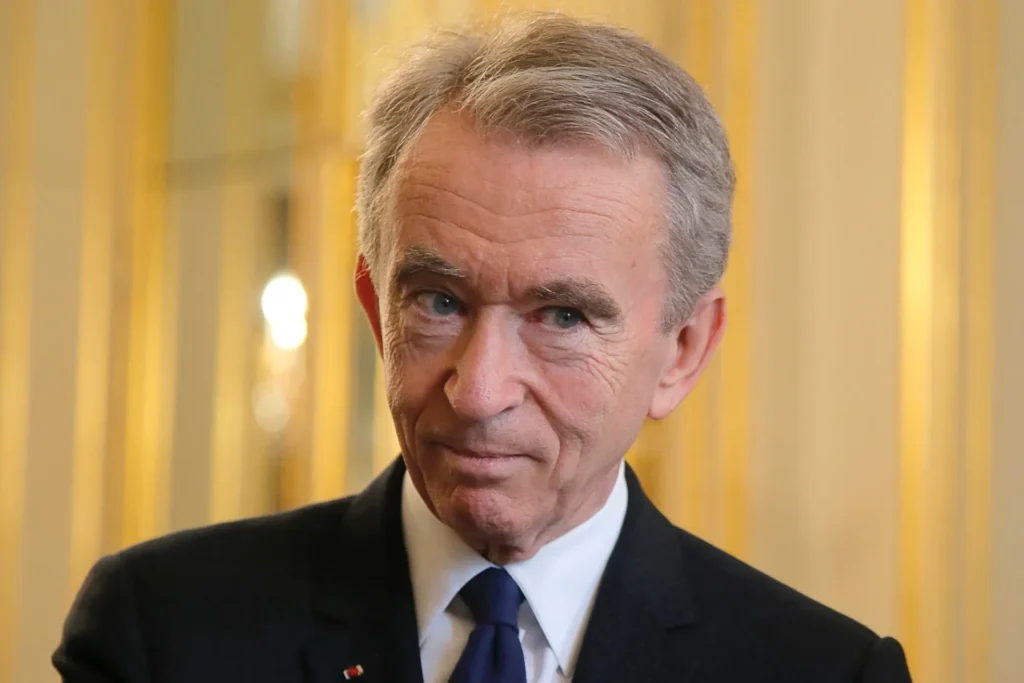
Similarly, all it takes is one exceptional stock market session to turn the billionaire rankings upside down: in January 2024, a +12 % surge in the LVMH share price in one day swelled Arnault's wealth by more than $20 billion and briefly regained the title of richest man in the world.
This financial rollercoaster shows that Arnault's fortune, though gigantic, is not static - it evolves with the markets. However, Bernard Arnault adopts a long-term strategy: he doesn't sell his LVMH shares (the heart of his empire) to cash in on these virtual gains, preferring to let his wealth grow with the conviction that the underlying trend in luxury goods remains bullish. In a nutshell, the stock market acts as a barometer of Bernard Arnault's wealth With an empire worth hundreds of billions, stock market fluctuations can mean huge gains or losses, without jeopardizing the solidity of the company's financial position.
Inheritance and Succession
At the head of a family empire, Bernard Arnault has long been preparing his succession to ensure the future of LVMH. The father of five children, he has involved all of them in the group to train the next generation of luxury leaders. Delphine Arnaultthe eldest, has been General Manager of Christian Dior Couture since 2023, after proving herself at Louis Vuitton. Antoine Arnaulthis eldest son, is in charge of communications and image for the LVMH group, and heads the family holding company Christian Dior SE (which controls LVMH).
The youngest are not to be outdone: Alexandre Arnault headed the Rimowa luggage brand, then worked at Tiffany & Co. before joining a division of LVMH, Frédéric Arnault was CEO of TAG Heuer (watches) and has taken on new responsibilities at LVMH (he is now in charge of Loro Piana). Jean Arnaultthe youngest, is concentrating on watchmaking at Louis Vuitton. Bernard Arnault has set up a kind of "benevolent competition" between his children, each managing a part of the empire to prove his worth. Officially, no runner-up has yet been designated to take over from him at the head of the group.
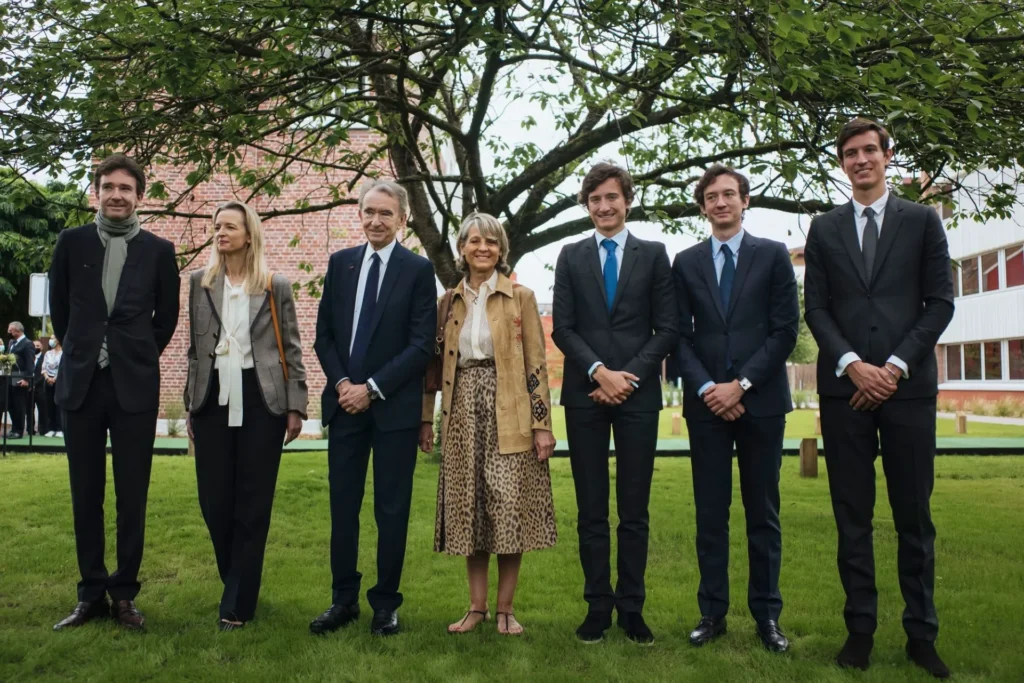
However, many observers are betting on Delphine (often presented as the most experienced in the core luxury business) or Antoine (for his role at the holding company and his diversified experience) as natural successors. In any case, Arnault has taken concrete steps to organize the transmission of his wealth: as early as 2017, he has transferred 75 % of his LVMH shares to his children (and nephews)This ingenious estate planning ensures the unity of the family clan and avoids disputes over inheritance, while minimizing inheritance tax. This ingenious estate planning ensures the unity of the family clan and avoids inheritance disputes, while minimizing inheritance tax.
In addition, in 2023, he has modified the statutory age limit at LVMH, enabling him to remain CEO beyond age 75 and potentially into his 80s. This indicates that he still wishes to steer his group for a few years, just long enough to complete the transfer of power. Clearly, Bernard Arnault is meticulously preparing the future of LVMH: he is training his heirs within the company and ensuring that his colossal fortune remains in trusted hands. His ambition is that the Arnault empire remains a thriving family empire for generations to come, in the image of long-lasting industrial dynasties.
Summary
Bernard Arnault, CEO of LVMH, is one of the world's richest men, often competing with Elon Musk. His luxury empire, built on strategic acquisitions such as Dior and Tiffany & Co. has propelled his fortune to over €180 billion by 2025. The principal shareholder in LVMH, he derives most of his wealth from the performance of iconic brands such as Louis Vuitton and Dior. Despite stock market volatility, he remains a key player in global luxury. Preparing his succession, he involves his five children in the company to ensure the continuity of his family empire.
FAQ
Quelle est la fortune de Bernard Arnault en 2026 ?
In 2025, Bernard Arnault's fortune is estimated at around 180 to 190 billion euros. This figure can vary according to fluctuations in the LVMH share price. It even reached around $200 billion (or nearly 185 billion euros) at its peak, making Bernard Arnault one of the few businessmen to have passed this stratospheric milestone.
Is Bernard Arnault the richest man in the world?
He has been several times. In late 2022 and early 2023, and again in early 2024, Bernard Arnault occupied the rank of richest man in the world, overtaking Elon Musk thanks to the rise of the LVMH share. However, the title of number 1 in the world alternates mainly between him and Elon Musk, depending on the valuation of their respective companies. At the end of 2024, Arnault was generally in the top ten. Top 3 of the world's biggest fortunes, alongside Elon Musk and, depending on the period, billionaires like Jeff Bezos.
Where does Bernard Arnault's wealth come from?
Bernard Arnault's wealth comes mainly from LVMHthe luxury conglomerate he built. He derives most of his income from his majority stake in LVMH (he and his family control around 47 % of the group's capital). The performance of brands such as Louis Vuitton, Dior, Fendi, Moët Hennessy and Sephora generates considerable profits, which are reflected in LVMH's stock market value - and therefore in Arnault's fortune.
Outside LVMH, he has a few investments and assets (media, real estate, art), but these remain modest compared to the valuation of his luxury empire. In a nutshell, the main source of his wealth is his LVMH empirewhich dominates the global luxury goods industry.
Which luxury brands does Bernard Arnault own through LVMH?
Through LVMH, Bernard Arnault oversees a portfolio of some sixty prestigious brands. These include fashion and leather goods Louis Vuitton, Christian Dior, Fendi, Celine, Givenchy, Loewe, Kenzo and more. In the wines and spiritsLVMH owns Moët & Chandon, Veuve Clicquot, Dom Pérignon, Hennessy and Château Cheval Blanc. The watches and jewelry includes jewels such as Bulgari, Tiffany & Co, TAG Heuer, Chaumet and Hublot. The group is also present in the perfumes and cosmetics with Parfums Christian Dior, Guerlain, Givenchy Parfums, as well as in the selective distribution with Sephora (cosmetics chain) and DFS (duty-free stores).
This list is by no means exhaustive, but it does illustrate the breadth of the Arnault empire, spanning all the worlds of luxury, from haute couture to champagne. It is the combined success of all these brands that makes LVMH - and therefore Bernard Arnault's fortune - so strong and so valuable.
How is Bernard Arnault preparing his succession at LVMH?
Bernard Arnault has long anticipated the transfer of his empire. He has involved each of his five children in the company, entrusting them with management positions in different subsidiaries to help them gain experience. Delphine heads Dior Couture, Antoine manages group communications and the family holding company, while Alexandre, Frédéric and Jean also hold key positions at Tiffany, Loro Piana, Louis Vuitton and other LVMH entities. Rather than appointing a single successor now, Arnault seems to be encouraging a "succession plan". collective family managementWhile maintaining competition between children to push them to excel.
In terms of assets, he has already transferred the majority of his shares to his heirs, while retaining voting rights, to ensure a smooth succession. At the same time, he has had the age limit lifted so that he can remain CEO for a few more years, while his succession is finalized. All in all, the succession is methodically prepared Bernard Arnault ensures that his children control the company and that the family unit remains intact, so that LVMH continues to prosper after him under the Arnaults' governance.


